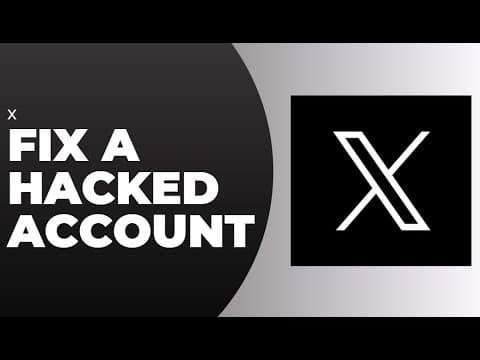In a disturbing turn of events, the official X account belonging to beloved children"s character Elmo was hacked on Sunday, unleashing a wave of hate-filled tweets that targeted Jewish communities and included aggressive trolling of former President Donald Trump. This incident, which lasted for approximately half an hour before the account was regained, reveals the deep vulnerabilities of social media platforms in protecting users from hate speech and misinformation.
Widespread Hate Speech Raises Alarms
The hacked account posted a series of inflammatory messages, including a particularly egregious tweet that stated, "Elmo says ALL JEWS SHOULD DIE. F**K JEWS." Such language not only incites violence but also perpetuates long-standing anti-Semitic stereotypes that have historically fueled discrimination and violence against Jewish people. This moment serves as a critical reminder of the role social media plays in the dissemination of hate. According to a systematic review, social media platforms are often used to spread divisive, harmful messages targeting vulnerable groups according to research.
The Role of Disinformation in Polarization
The disturbing nature of these posts highlights the increasing prevalence of disinformation and hate speech online. Research indicates that the loosening of content moderation rules on platforms like X and Meta has contributed to a marked increase in hate speech as reported by UC Davis. In the wake of such incidents, the question arises: how much responsibility do these platforms bear for creating an environment where hate can thrive unchecked?

Hate speech soars for young social media users
Consequences of Allowing Hate to Flourish
The implications of this incident extend far beyond a single hacked account. The normalization of hate speech has real-world consequences. The rise of extremist ideologies and the willingness of individuals to voice such sentiments are alarming trends that have been documented extensively. The systematic review on the exposure to hate in online media emphasizes that divisive messages can polarize societies, leading to an increase in hostility and violence according to a study. The unchecked spread of such rhetoric can legitimize harmful actions against marginalized communities.
Need for Stricter Regulations on Social Media
In light of the Elmo account hack, the conversation around regulatory measures for social media platforms is more critical than ever. Current policies often fall short of effectively curbing hate speech and misinformation, allowing harmful narratives to proliferate. The algorithms that govern these platforms are designed to maximize engagement, often at the expense of ethical responsibility. As the research indicates, social media algorithms significantly contribute to the spread of hate speech, creating echo chambers where individuals are only exposed to ideas that reinforce their own as outlined in another study.

White House sets meeting with Jewish groups as antisemitic ...
Public Response and Responsibility
The absence of a public statement following the hack raises questions about accountability and the responsibilities of content creators and platform owners. The lack of immediate action to address hate speech can be seen as tacit approval of such sentiments. Public figures, including celebrities and influencers, have a duty to denounce hate in all its forms, setting a precedent for their followers. This incident calls for a collective reflection on how we consume and disseminate information in our digital age.

![[Video] Anti-ICE Protester Pepper Sprayed as CBP Agents Disperse Crowd in Minneapolis](/_next/image?url=%2Fapi%2Fimage%2Fthumbnails%2Fthumbnail-1768260677127-y71sb7-thumbnail.jpg&w=3840&q=75)

![[Video] Several injured as U-Haul truck drives through Iranian protestors in Los Angeles](/_next/image?url=%2Fapi%2Fimage%2Fthumbnails%2Fthumbnail-1768176682028-q95y6j-thumbnail.jpg&w=3840&q=75)
![[Video] Scuffle breaks out between Trump supporters and Anti-ICE protesters in Times Square](/_next/image?url=%2Fapi%2Fimage%2Fthumbnails%2Fthumbnail-1768165958203-hgcgb-thumbnail.jpg&w=3840&q=75)


![[Video] Gunfire between Iraqi security forces and Sadr militias in Baghdad](/_next/image?url=%2Fapi%2Fimage%2Fthumbnails%2Fthumbnail-1768343508874-4redb-thumbnail.jpg&w=3840&q=75)
